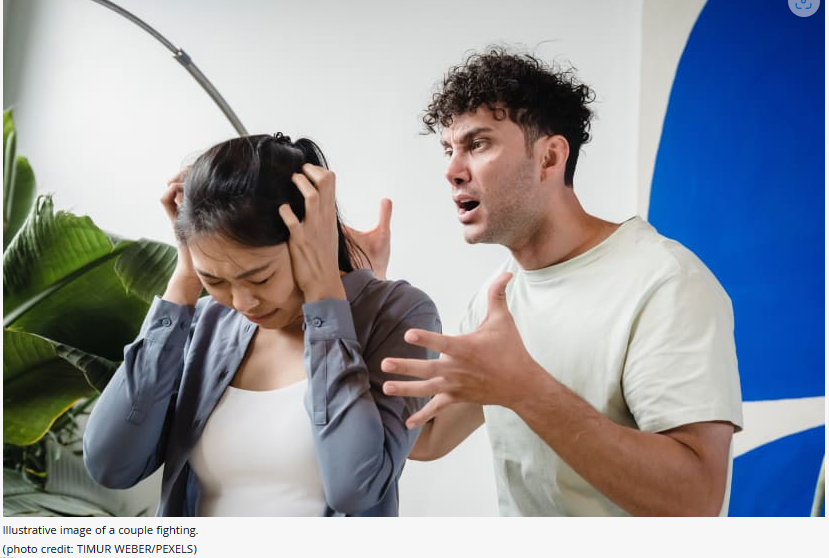In today’s hyperpartisan atmosphere, in Israel as in the US, some couples decide not only not to marry a person with antithetical views – but even to split up over such disagreements.
The potential strain of the media on relationships
How do couples with differing political perspectives decide whom to believe and what media to follow – and how do these decisions affect their discussions on political issues and their relationship in general?
To explore these questions, communications Prof. Emily Van Duyn at the University of Illinois at Urbana-Champaign conducted in-depth interviews with 67 people whose partners’ political views differed from their own. For these couples, seemingly mundane decisions about media consumption became “especially difficult,” Van Duyn said.
“Deciding which media to consume and whether to do so together or separately was difficult, because it presented them with a choice about recognizing their political differences and finding a way to navigate them,” Van Duyn said. “They saw the news as inherently political, and their selection of a news outlet or the act of sharing an article or video meant they were intentionally pulling their partner into a recognition of their political differences.”
What happens when partners hold different political beliefs to each other?
Partners’ differing political beliefs and/or identities created a need to influence or negotiate their news consumption, a process that Van Duyn called “negotiated exposure,” which played out across public-facing media such as TV and those that are more private, like social media.
Since the couple fervently disagreed about then-president Trump, viewing TV news together created friction, especially when Wendy felt there was too much negative coverage of Trump and wanted to avoid it. Moreover, negative news stories about Trump made Wendy susceptible not only to her boyfriend’s criticism of her favored candidate – but also of herself.


